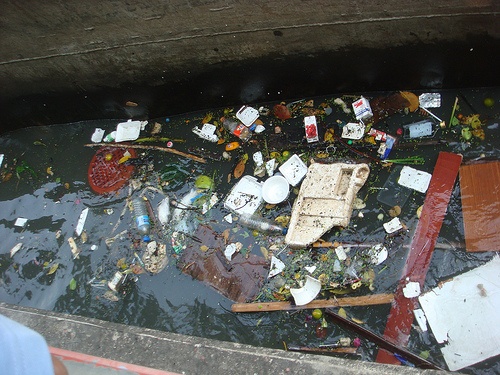Nearly all regulatory laws provide for civil – and sometimes even criminal – penalties for noncompliance. Penalty amounts (“XXX dollars per day of violation” for example) are typically adopted as part of the original legislation. But over time, the relative sting of these penalties declines with inflation. To counteract the possibility that less painful penalties will be less effective incentives for compliance, U.S. federal law has directed most agencies to make periodic “cost of living” adjustments to maximum available civil penalty levels (there are no provisions for standing periodic adjustments to criminal penalties).
How Did These Requirements Work During 1990-2016?
The first version of this approach was enacted by the Federal Civil Penalties Inflation Adjustment Act of 1990, which directed the President to report annually on any adjustments made under existing statutory authority, and to calculate what such adjustments would have been if more agencies had the authority to make them.
Congress amended the Act in 1996 to require most agencies to make inflation adjustments every four years, but precluding adjustments to penalties under the following:










